Ruthenium Black Catalyst
Ruthenium Black Catalyst
CAS: 7440-18-8
Appearance: black powder
Application scope:
Mainly used for fuel cell development and electrolysis of water for hydrogen production technology
The key technology of hydrogen fuel cell's current "stuck neck" is the catalyst for hydrogen energy conversion. Previously, in order to develop hydrogen energy in my country, the catalysts needed must be imported from abroad, which limited the development of hydrogen energy fuel cells in China. Our country is in urgent need of self-developed hydrogen fuel cell-related catalysts in order to solve the first hurdle of hydrogen energy from the source. The hydrogen fuel cell catalyst is related to the performance and life of the fuel cell.
Shaanxi Kaida Chemical Co., Ltd. specializes in the research, development and production of precious metal catalysts, with mature large-scale preparation technology, and provides key precious metal catalysts for many domestic manufacturers of PEM fuel cells and water electrolysis hydrogen production. Precious metal catalysts with high activity, high stability and long life can be produced by means of carrier screening, changing carrier structure and performance, active metal dispersion, and improvement of preparation process conditions. At present, Pt series catalysts or ruthenium catalysts can be selected for the anode and cathode catalysts of PEM fuel cells. Through more than 20 years of systematic research, Kaida has deeply understood the influence of factors such as pH value, protective agent dosage, and reduction conditions in the catalyst preparation system on the performance of nano-metal catalysts, and has achieved large-scale production of PEM fuel cells and electrolysis through related measures. The ability of water-to-hydrogen cathodic and anode precious metal catalysts.





















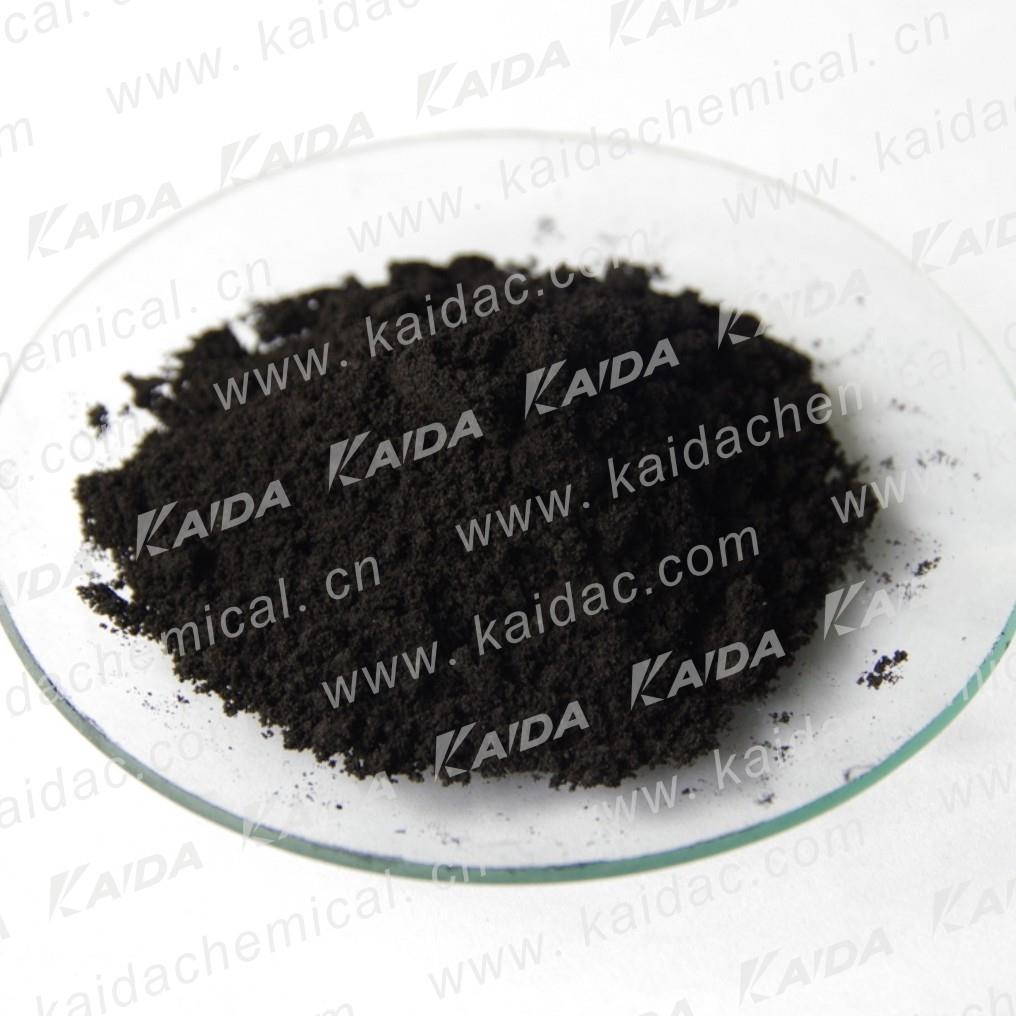
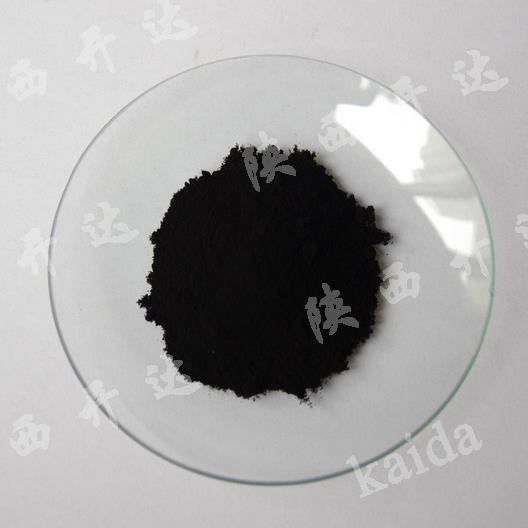

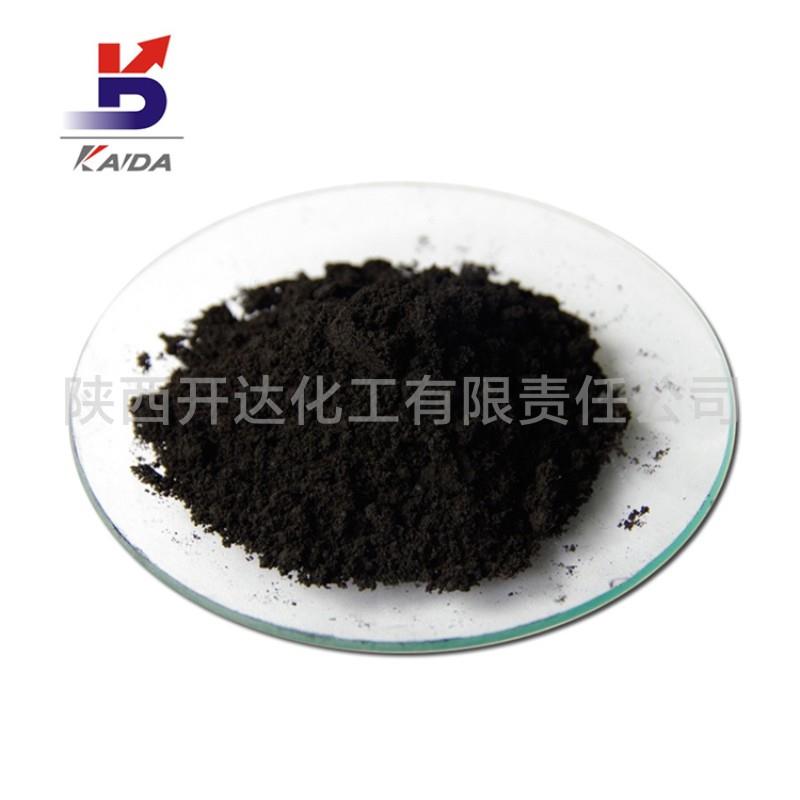
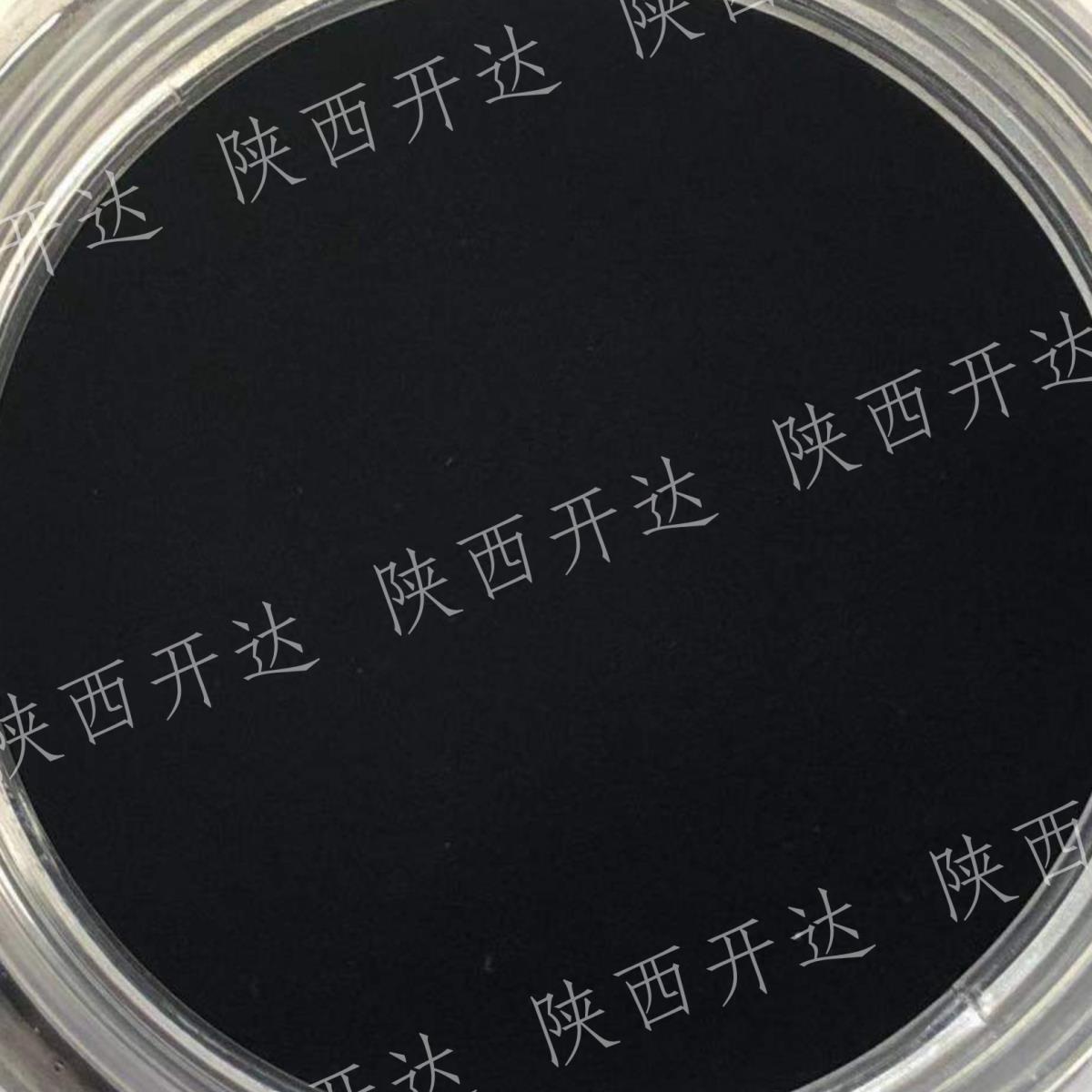
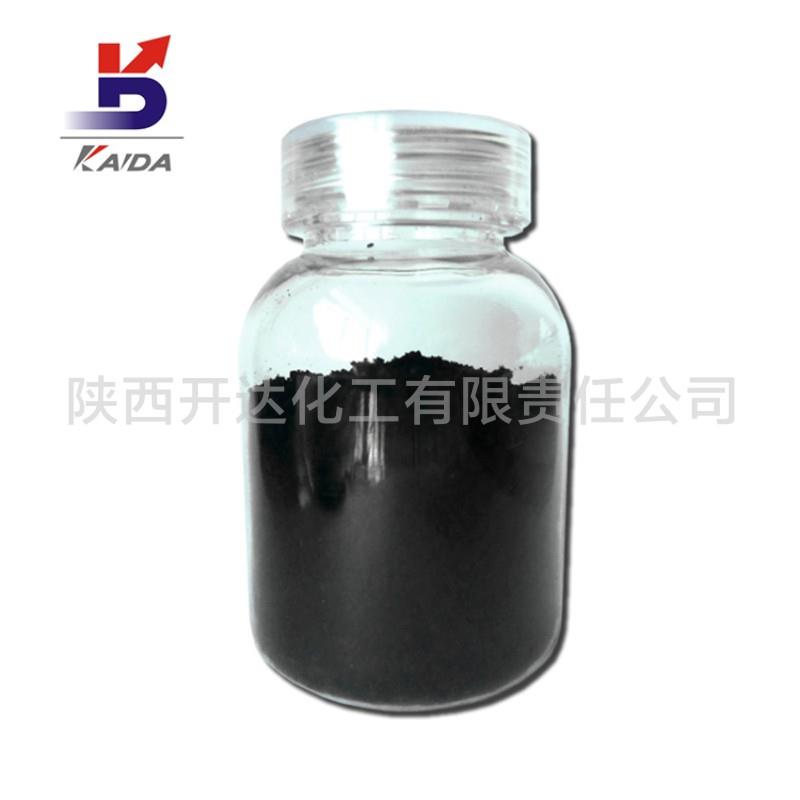


 陕公网安备 61030502000254号
陕公网安备 61030502000254号